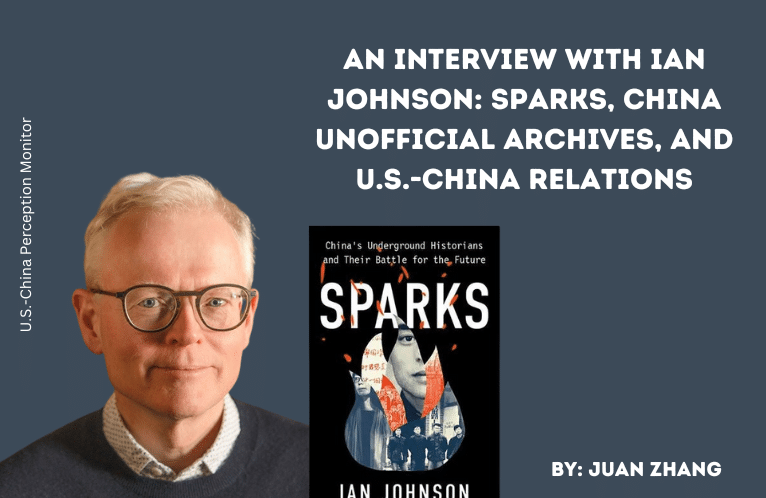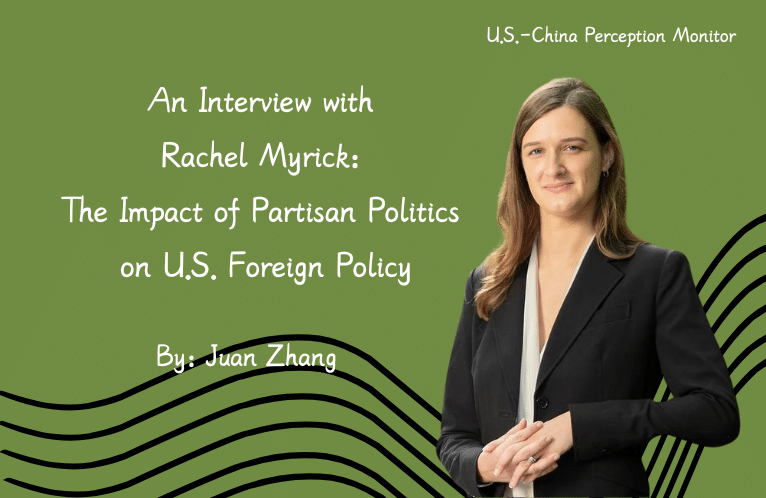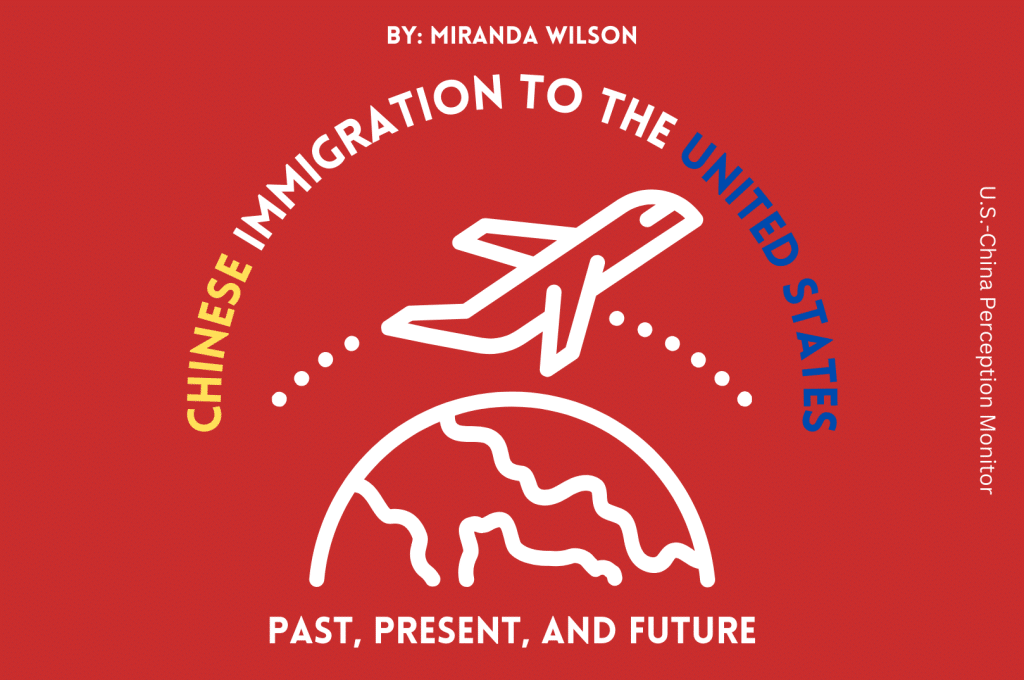When Will China Use Force to Reunite with Taiwan? Hu Xijin Explains His Position
China and America: The Age of Realist Geoeconomics by William H. Overholt
“Post-World War II Asia experienced a transformation of the strategic environment, defined by two changes. For the first time, human beings learned how to grow emerging economies from 7-10 percent annually, a marked change from the industrial revolution’s then-novel 2 percent that fueled creation of the British empire, and from the 3-4 percent that undergirded the emergence of Meiji Japan and of U.S. global dominance. Second, military technology became so destructive that pursuing national greatness in the old way, by seizing neighbors’ territory, usually became at best a path to Pyrrhic victory. This increase in the destructiveness of military technology was not confined to nuclear weapons; conventional air power, sea power, infantry firepower, and even improvised explosive devices are vastly more destructive than in earlier eras. These changes empowered countries whose national strategies deemphasized the traditional way of becoming an important power, namely using the military to seize large amounts of territory from neighbors, and empowered countries whose national strategies gave priority to economic competition. This shift did not mean that the military ever became unimportant; successful defense remained vital. But countries like North Korea and the Soviet Union, which gave overwhelming priority to the military, lost to countries like the U.S., Japan, South Korea, Indonesia and China, which gave priority to building their economies and assigned the military the role of protecting an economics-priority national strategy.”
From China and America: The Age of Realist Geoeconomics by William H. Overholt, Fellow, Asia Global Institute and Senior Fellow, Harvard University.
Written for the Carter Center’s symposium to commemorate President Carter’s 1979 decision to normalize relations with China. View or download the paper here.










